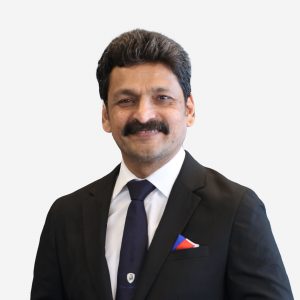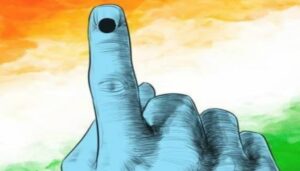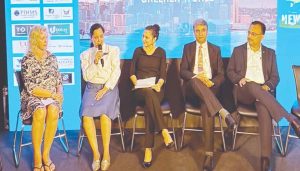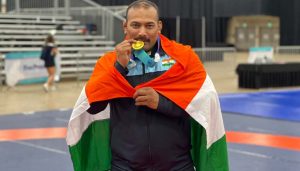Even after reservations, employment still a dream for disabled people
By Vaibhavi Dhotre
From the historical times society in every nation has treated disabled people cruelly, following the ancient assumption that disabled are less than fully human and therefore are not fully eligible for the opportunities which are available to other people as a matter of right.
Disabled were dehumanized in orphanages and asylums during 19th century. Many were gassed, drugged, blood let and euthanized in Nazi Germany.
They were easy victims to social evils such as unemployment, physical and sexual as well as financial harassments.
Yet during the 2nd world war, when many jobs were vacant, adults with disabilities joined the work force, showing their competencies.
During 1960s and 1970s the civil right movements began and created an even more favourable climate for people with disabilities to continue to enter and succeed in the work force and beyond. Hitherto many educational laws have been passed which has changed and expanded services for students and adults with disabilities.
Decreasing the need of special institutions, legislation has now guaranteed disabled students the right to a physical space in classrooms. “Fergusson College, Pune, has proved a boon thereby supporting and giving equal opportunities to visually disabled students” recalled Faiyaz Attar, a blind student.
“Fergusson College is the best of all colleges for blind students” added Shubham, another blind student.
There are many student organizations such as “Sathi enabling centre” which help blind students to solve day to day problems. Yet the system really needs to change its criteria about the writers for visually challenged, as many students acting as writers have to face many difficulties managing their exam schedule which generally clashes with the exam schedule of visually challenged. The senior citizens must be given an opportunity to act as writers for visually challenged as many tend to lose year if no student turns up as writer for them.
To talk about disabled adults, in order to assure them employment, the persons with disabilities (PWD) Act was enacted in 1995.
According to this law “at least 3% of vacancies in every government establishments are to be reserved for persons with disabilities, out of which 1% each shall be reserved for blind people and other 2% for persons with hearing impairment and loco motor disabilities”.
But the reality seems to be less than 2%. Today there are more than 2.68 crore disabled people in India. Many schemes have been implemented for the job opportunities for disabled but there is no mention of funding and allocations by government in different states for the same.
The government also lacks the data on the employment of disabled people. A bill was also introduced for modifying the PWD Act which if would have passed, would have covered private sector as far as their employment is concerned. It would have also raised the quota from 3% to 5%.
Though government establishments follow 3% reservation quota for disabled people it does not answers the issue of unemployment as per the growing population need. And yet there is absence of persons with visual disabilities in government jobs compared to those with orthopaedic impairments.
For getting a job in private sector is an uphill task faced by disabled people. The most to suffer are the people facing visual disabilities with absence in government jobs and no implementation in private sector. The main issue where employment is concerned comes back to special schools where even the faculty struggles with English communication.
This is the main cause of unemployment. The visually challenged adults searching job opportunities have to strain their nerve when it comes to English communication and which is the need of hour. Initiative must be taken to provide proper education of English language at basic school level which will at least give such students a better place in society. The corporate sector also needs to loose its strings for the employment of these people thereby providing them more alternatives other than commercial fields. To continue their reign the Namo government must pay heed to vox populi which demands change.
However in order to save its grace from falling the Namo government has made its commitment to fulfil over 15,000 vacancies specially identified for disabled persons and thereby giving keen importance to the employment of visually disabled persons. For right to employment is a fundamental right along with right to life which should not be denied, for disabled persons are special humans.
(Vaibhavi Dhotre is a law student from ILS Law College.)








